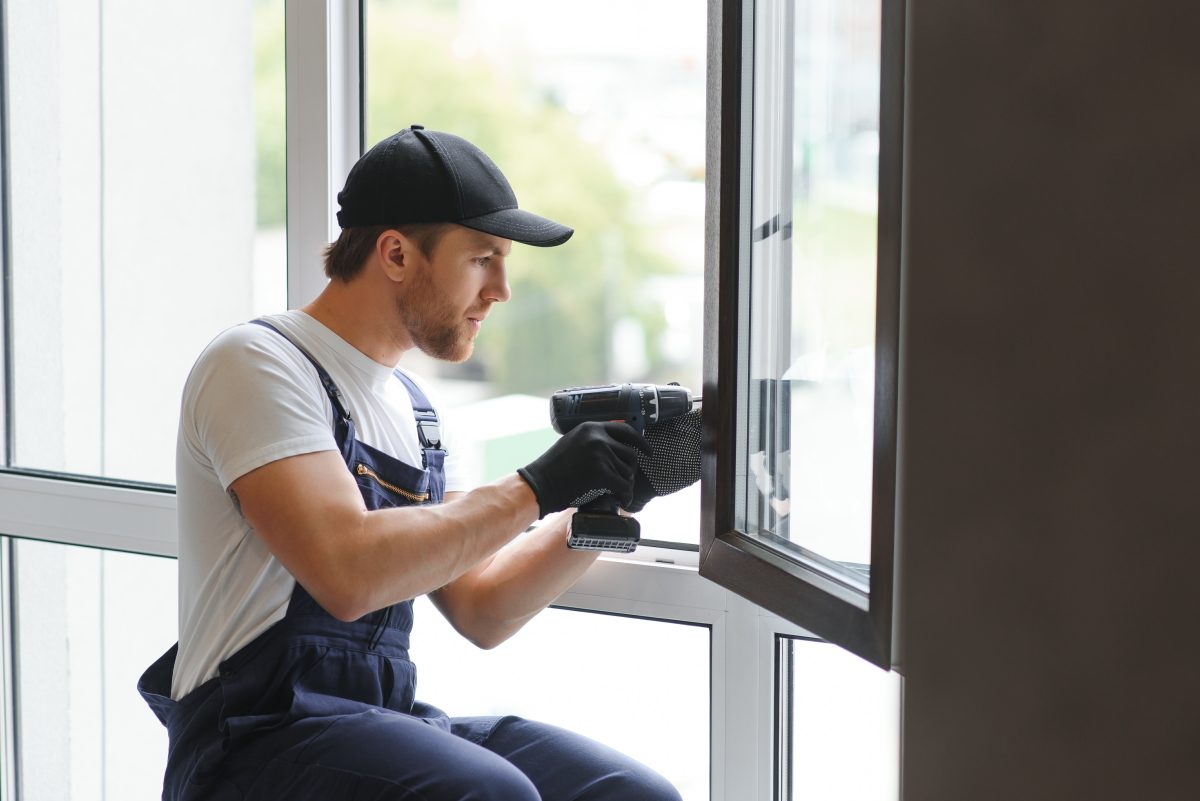Is Fall the Best Time to Replace Your Windows in North Texas?
Unlike some home features and appliances, like water heaters or HVAC systems, window replacement is typically a planned upgrade and not something homeowners are forced to do quickly after a breakdown.
